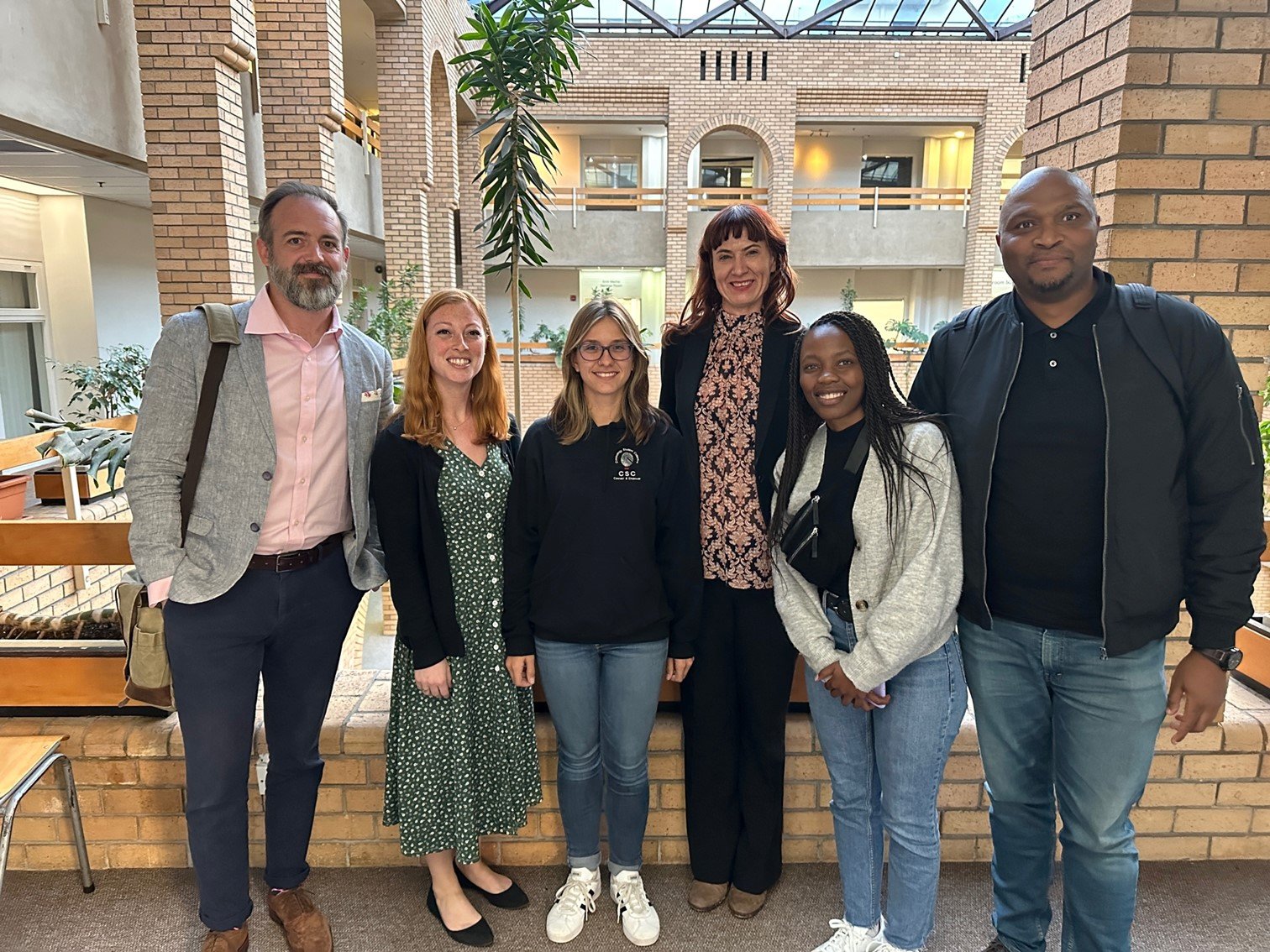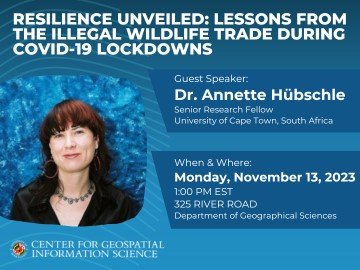USAID has invested substantial resources in helping to build the wildlife economy in South Africa, ensuring that benefits reach traditionally marginalized groups, including women. Unfortunately, an illegal wildlife economy persists and appears to have grown since the onset of the pandemic, undermining sustainable development and biodiversity conservation. Increased understanding of COVID-19 impacts on the wildlife economy can improve targeting of solutions that address inequalities, inform decision-making about economic empowerment activities for women and youth, support opportunities to mitigate threats to biodiversity, develop national capacity to adapt to impacts of climate change, and promote evidence-based policies and practices that promote employment. Without understanding how COVID-19 and related public health measures have impacted the wildlife economy, including friction and flows, it is impossible to reinforce, reset, or recalibrate strategies to positively impact development.
This PEER project sought to enhance understanding about the impacts of the pandemic and lockdown restrictions on the wildlife economy of southern Africa. The team leveraged insights, concepts, and methods from criminology, sociology, and conservation biology, as well as the U.S. partner’s expertise in risk mapping and behavioral analysis, conservation criminology, and human dimensions of global environmental change.
Final Summary of Project ActivitiesThe researchers conducted fieldwork in Zanzibar (Tanzania), Zambia, and South Africa, including interviewing affected local communities, especially rural women, to get a sense of COVID impacts on wildlife economy-related livelihoods. A highlight was a focus group with six women who were married to convicted poachers who had jobs in the tourism sector before COVID. Once the pandemic hit, they were laid off and had to find new ways of supporting their families and themselves. They got involved in poaching networks, recruited by intermediaries from Lusaka. In South Africa, the PEER team targeted a wide spectrum of research participants, including a case study on succulent poaching.
As part of this project, the researchers developed the “frictions and flows” framework to understand the dynamics of illegal wildlife trade (IWT) under varying conditions, particularly in response to the exogenous shocks such as those presented by the COVID-19 pandemic. Flows refer to the movements of goods, money, information, and people that facilitate the operation of illegal markets. These can include the adaptation of routes, the shifting of market operations to online platforms, and diversification of traded goods. Conversely, frictions represent obstacles or disruptions to these flows, such as law enforcement actions, changes in regulations, or broader socioeconomic impacts like those from a pandemic.
During the COVID-19 pandemic, South Africa, Tanzania, and Zambia exhibited varied responses, which in turn affected the illegal wildlife trade differently in each region. In South Africa, strict lockdown measures temporarily disrupted traditional trafficking routes, but traffickers quickly adapted by shifting to online platforms and utilizing less monitored logistic options like private vehicles and postal services. Without strict lockdowns in Tanzania, the usual flow of IWT faced fewer frictions compared to countries with stringent measures. The market adapted by integrating into other local economic activities and using alternative medicine markets as cover. In Zambia, moderately strict responses led to a blend of disruptions and continuations in wildlife trafficking. Innovations included increased use of digital communication to coordinate transactions and the diversification into new wildlife products.
The PEER team believes the resilience of illegal networks could inform strategies to improve the resilience of legal economic systems and environmental conservation efforts. For example, understanding how illegal networks shift operations could help in designing more flexible and responsive legal frameworks and conservation strategies that are capable of adjusting to sudden socioeconomic changes.
The researchers published their framework findings in Science of the Total Environment in March 2024, and the PI presented the initial findings at several conferences, including the American Geographical Society’s annual Conference and the Savanna Science Conference in South Africa. As of May 2024, the PEER team members had received three additional grants from the World Wildlife Federation, Wildlife Trade Challenge Fund, and the University of Cape Town for a total of $147,345. Although the project has ended, the team is now undertaking a participatory virtual mapping exercise with the U.S. partner that will seek to clarify friction and flow points and country-specific illegal wildlife trade.
PublicationHübschle, A., and M.L. Gore. 2024. Lessons in resilience from the illegal wildlife trade during COVID-19 lockdowns.
Science of The Total Environment 916: 170365.
https://doi.org/10.1016/j.scitotenv.2024.170365 




